As fire season returns, a look ahead at how this year’s budget fix will change the way we pay for suppression efforts in the future
Around this time each year, hunters begin crossing their fingers that an out-of-control burn won’t upend their carefully laid plans for early season elk and mule deer tags, and anglers hold out hope that they’ll enjoy a summer of high-country fishing without too much smoke obscuring the views or entering their lungs. With smoke already covering parts of eleven states, there’s plenty to be worried about, but recent policy changes also give us good reason to celebrate.
The New Reality of Mega-Fires in the West
Perhaps more so than most, those who spend time outside understand that wildfire plays a vital role in many North American ecosystems. Heat and flames stimulate certain plants to seed and certain fungi, such as the morel mushrooms sought after by many sportsmen and women, to release their spores. New growth in a recent burn also provides an excellent source of forage for animals like elk and deer. In a sense, wildfires have historically triggered something of a reset for the affected landscape and produced a variety of differently “aged” forest conditions in a given habitat, which is greatly beneficial for wildlife.
Recent years, however, have seen fires far more intense and destructive than those that have shaped this continent for millennia. The combination of a century of suppression efforts and outbreaks of beetle-kill have resulted in an increased fuel load, while drought, higher temperatures, and longer fire seasons due to a changing climate have heightened many forests’ susceptibility to a blaze. Instead of producing a diversity of old and new growth, the huge fires that we’ve seen of late have burned so hot and on such a large scale that they scorch entire landscapes uniformly, killing off entire stands of trees and in some cases sterilizing the soils underneath.
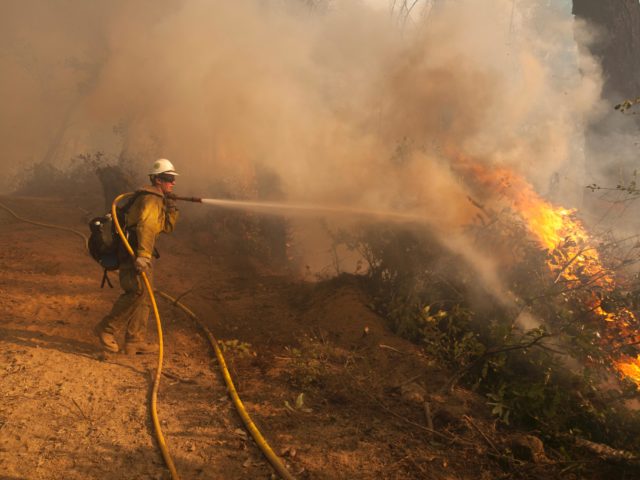
The sheer, unprecedented size of these fires has also caused problems for the federal agencies tasked with managing our public lands. The annual cost of fighting wildfires now regularly exceeds the amount of funding budgeted, which is currently based on a rolling ten-year historical average. As a result of the escalating costs each year, the U.S. Forest Service now spends 55 percent or more of its budget on fire suppression, up from 15 percent, necessitating that it borrow money for other important aspects of its mission. As a result, forest management work that might help reduce the risk of fire can’t be completed, which in turn reinforces the underlying problem. It’s a vicious cycle.
At Long Last, the Funding Fix We’ve Needed
The good news is that policymakers have finally addressed this issue with a bipartisan legislative solution. Beginning in 2019 (FY 2020), the U.S. Forest Service and Department of the Interior will no longer have to dip into other accounts after running out of appropriated funds during catastrophic fire seasons, thanks to a “fire funding fix” included in the recently passed Omnibus Spending Package.
There are two components to the measure: It freezes the ten-year average base funding of fire suppression and permits the use of natural disaster funding for costs above that ten-year average. This ends the need for ever-increasing appropriations during fire season and halts the steady erosion of funds for non-fire activities at the Forest Service. The language is equivalent to provisions supported by the TRCP and our partners in the Wildfire Disaster Funding Act (S. 1842 and H.R. 2862).
There is also bipartisan support for provisions that will help the Forest Service expedite active management of forest habitat. Combined with the fire funding fix, the agency will not only have more tools to work on habitat restoration, they’ll have the funding to accomplish it.
So as you hold your breath this summer and wait for the clearer skies of autumn, take comfort in knowing that there’s a solution to the policy side of this problem on the horizon. Addressing the fundamental issue, however, will require further bipartisan cooperation and continued commitment by hunters and anglers throughout the country.
Photos courtesy: U.S. Department of Agriculture


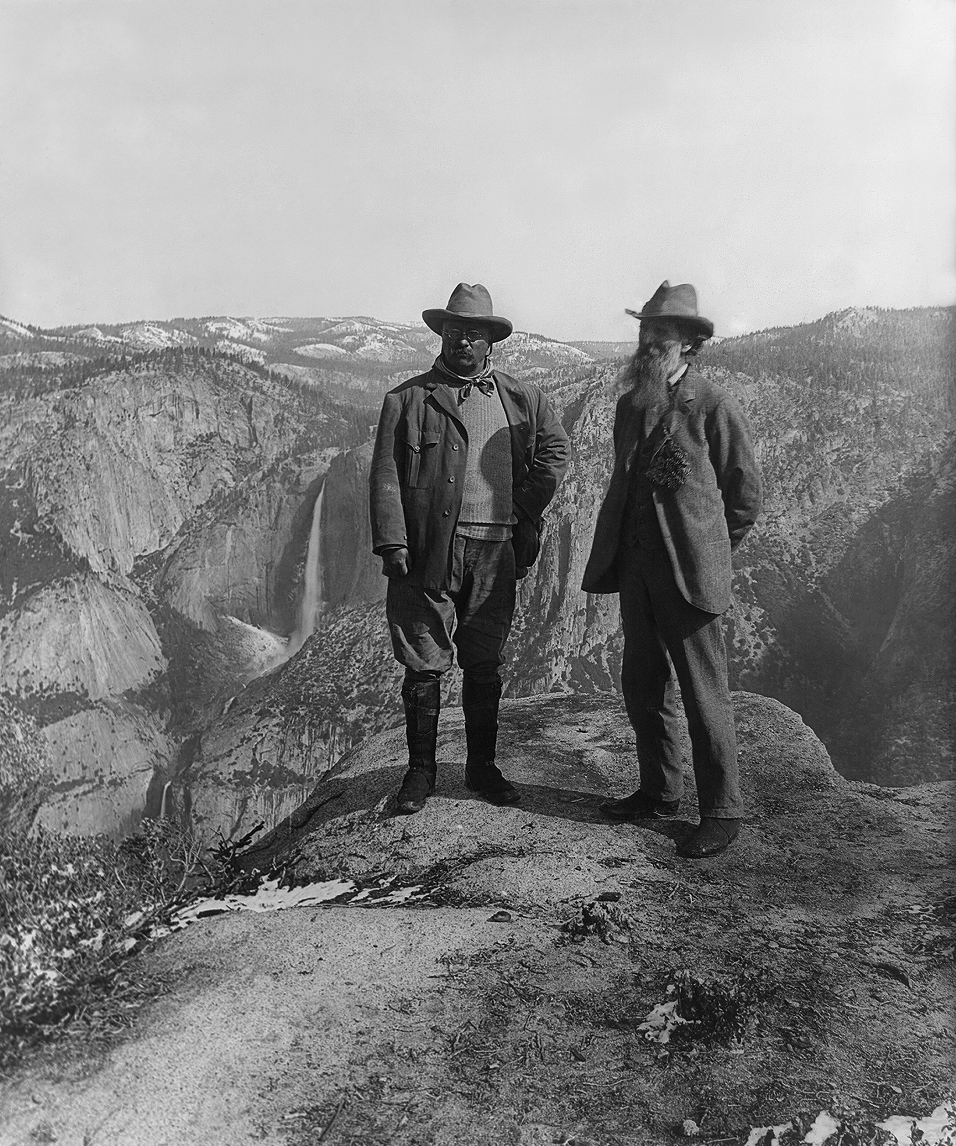
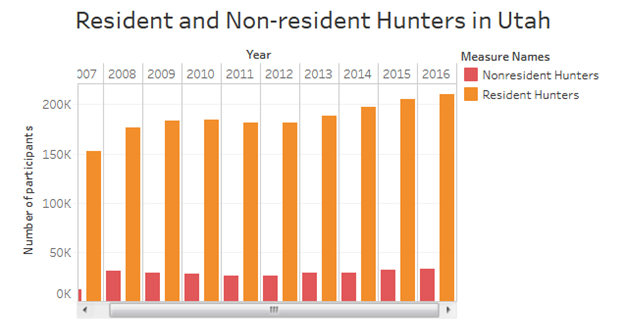
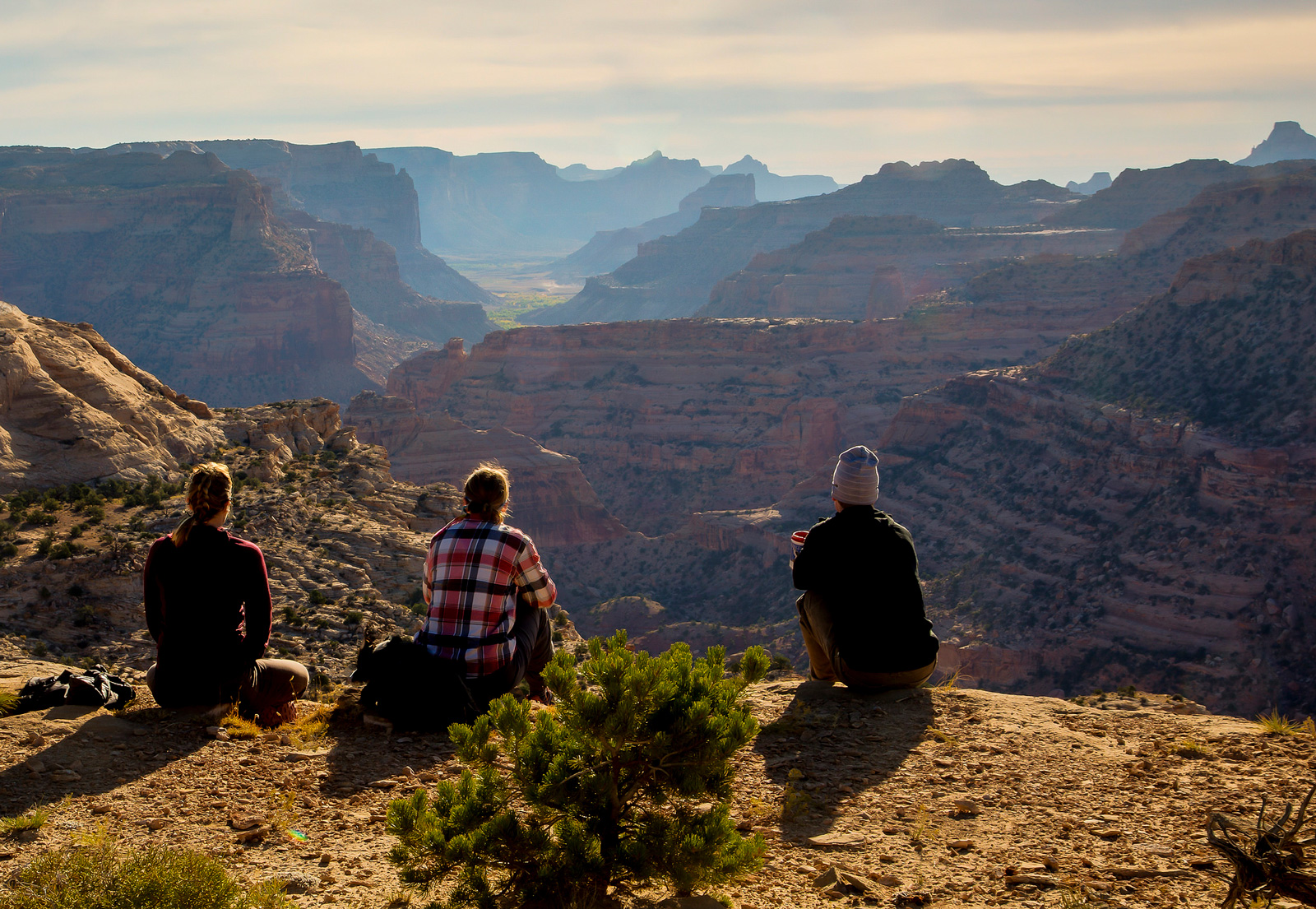
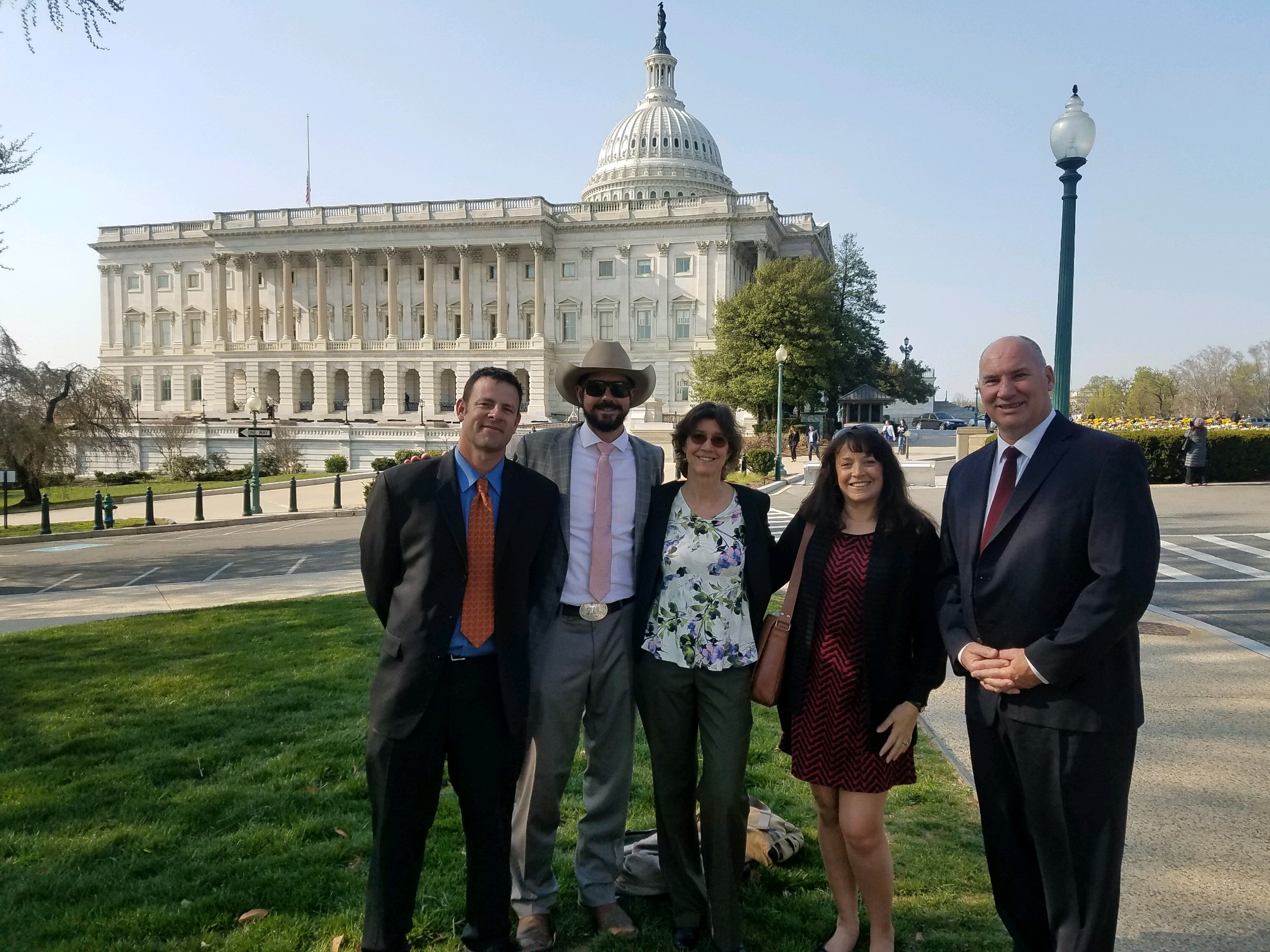
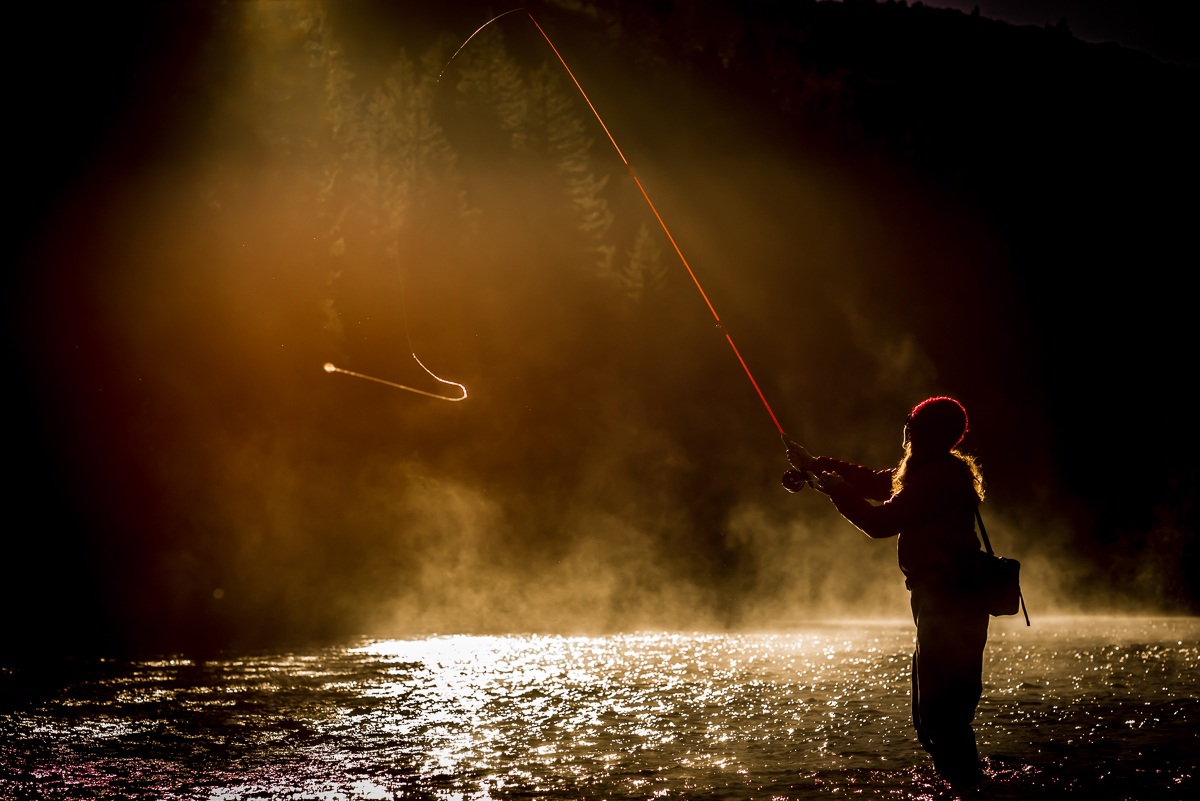
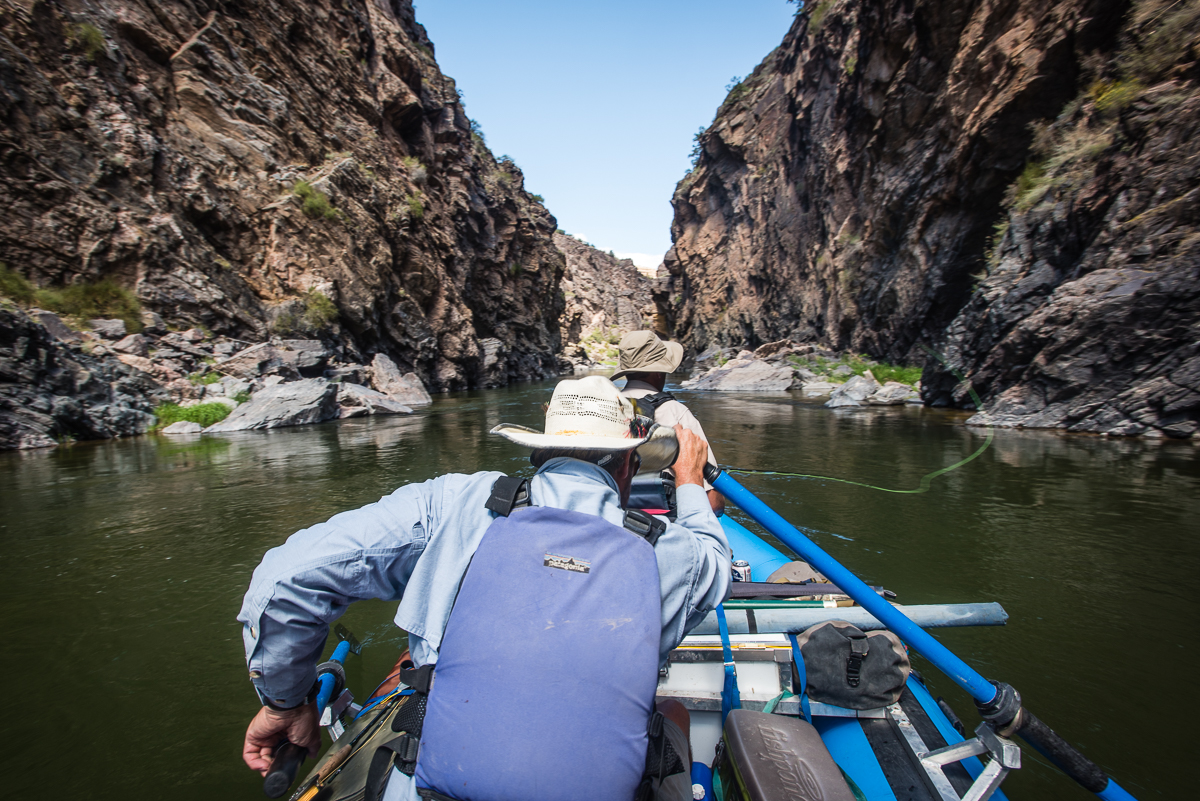




We still need to lobby for adequate funding for the Forest Service recreation and resource budgets from Congress to help with maintenance of roads, trails and other facilities and infrastructure that has been neglected for far too long. Either that, or we need to ask for money for the Forest Service from the Land and Water Conservation Fun to get the Agency caught up on this huge backlog of work. It would help put people to work as government employees at decent wages, with good benefits, for several years, and improve our public lands at the same time for hunters and anglers.
It is good to hear that the funds needed to fight fires will be provided. Fire was good for nature, but that was before humans started bulding houses so close. When I lived in Pagosa Springs, CO driving up to Wolf Creek the beetle killed trees were very noticeable. When that forest goes it will take out the ski resort and if it kept going, Pagosa Springs. I had suggested having workers and volunteers going in and taking down the beetle kill trees. They claimed it was impossible. Even though beetle kill trees can be used in furniture logging companies won’t go in because they would be just thinning not clear cutting. As the climate changes, the droughts continue, and the danger of fire grows we all have to start looking at things differently. It can’t be an all or nothing attitude.
Controlled burns
I’m pleased to hear this! Perhaps, now, the Forrest Service can fulfill it’s commitment to start creating young forest habitat for those species in need of forest disturbance!
I worked for 36 years as a forester and fire manager in the western states. Most of what I hear from the public shows very little depth of understanding regarding fire and it’s role in ecosystem management. There are no quick fixes. Over 100 years of fire suppression, climate change, and poor management decisions exacerbated by political motivations has made improving forest health almost impossible. There are no simple fixes, or one size fits all. The media has done much to misinform the public. Fire is not bad or good. It is both. Harvesting timber is not bad or good. It is both. Fire suppression is not bad or good. It is both. All these issues and more, taken in the correct scientific context can be good or bad. That is why the public pays foresters, fire managers, biologists, botanists, hydrologists, soils scientists, entemologists, etc., etc., etc. We as a nation must respect and encourage these professional people to do there jobs and not constantly undercut there decisions. everyone is not an expert because they have a single issue axe to grind. Help these public agency to do the right thing, do not hamstring them.
Ahh, good to know there are still a few pragmatic folks in this country.